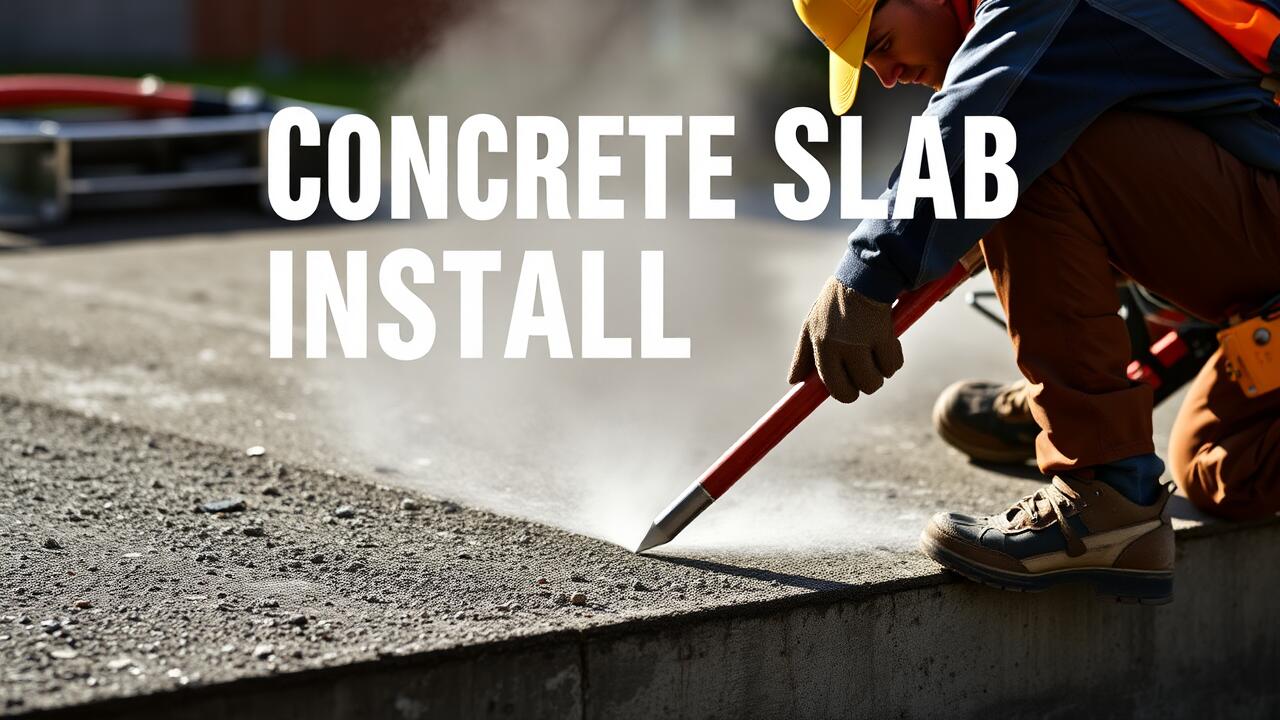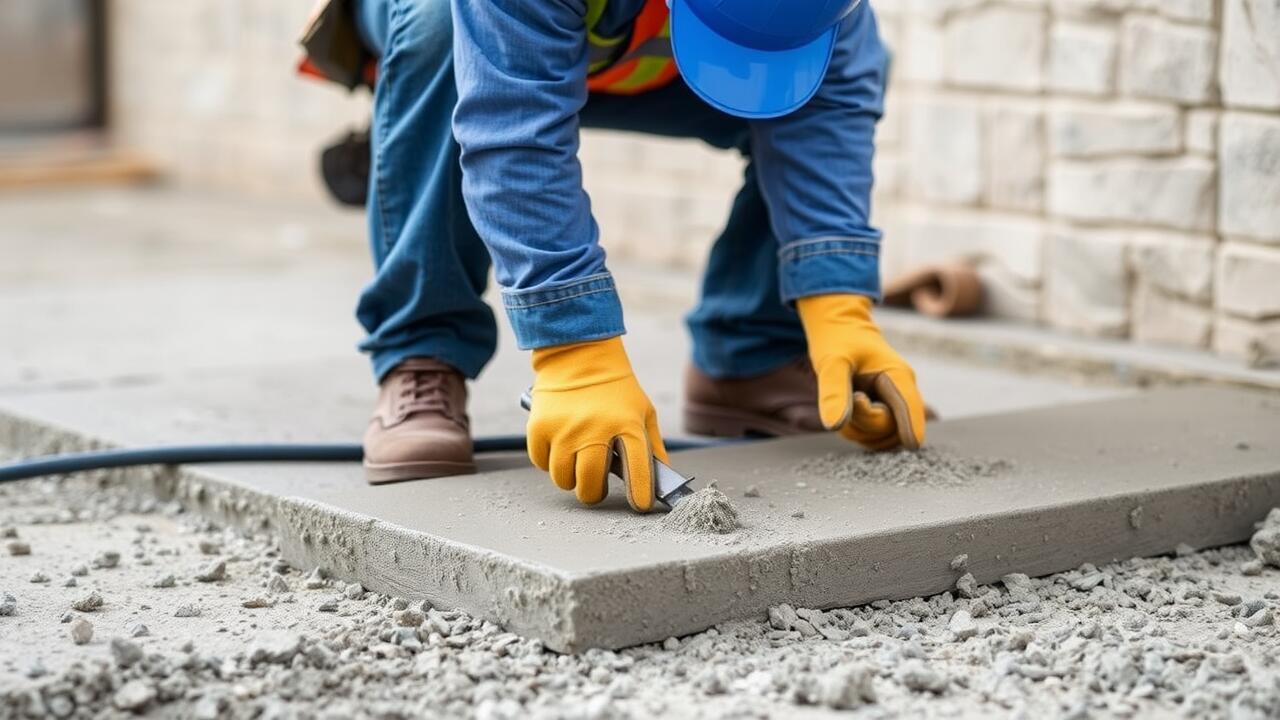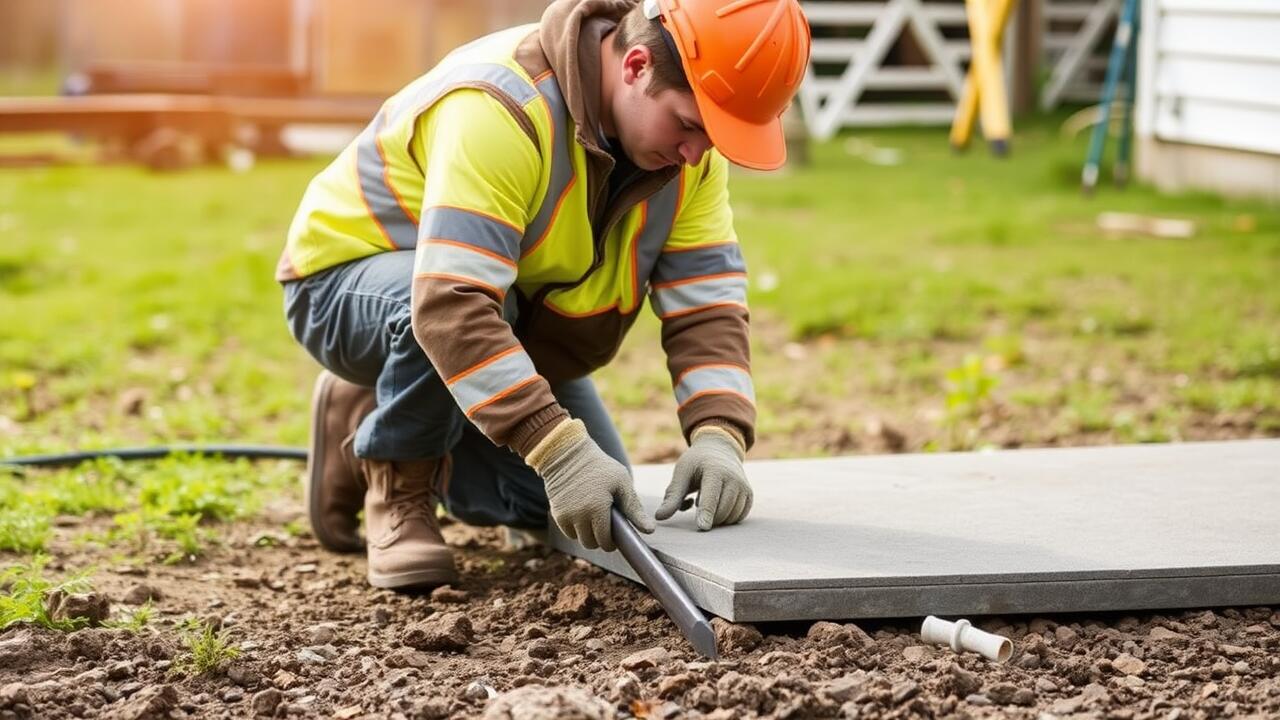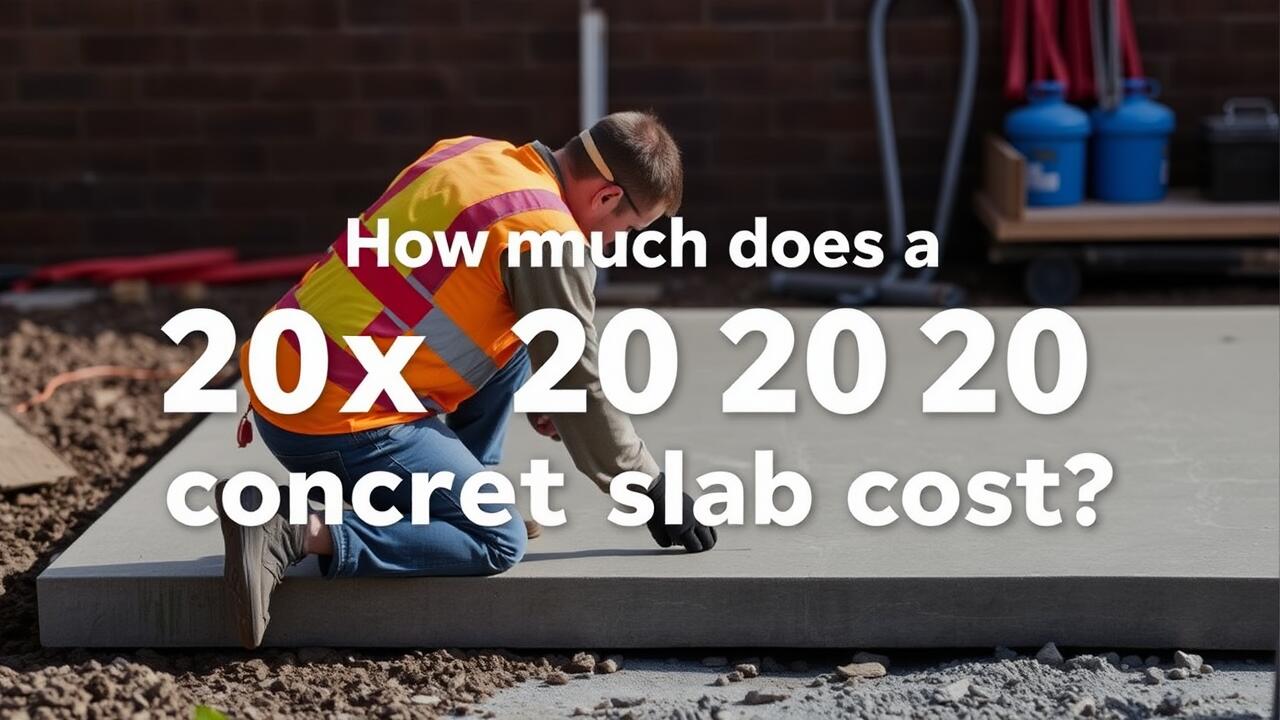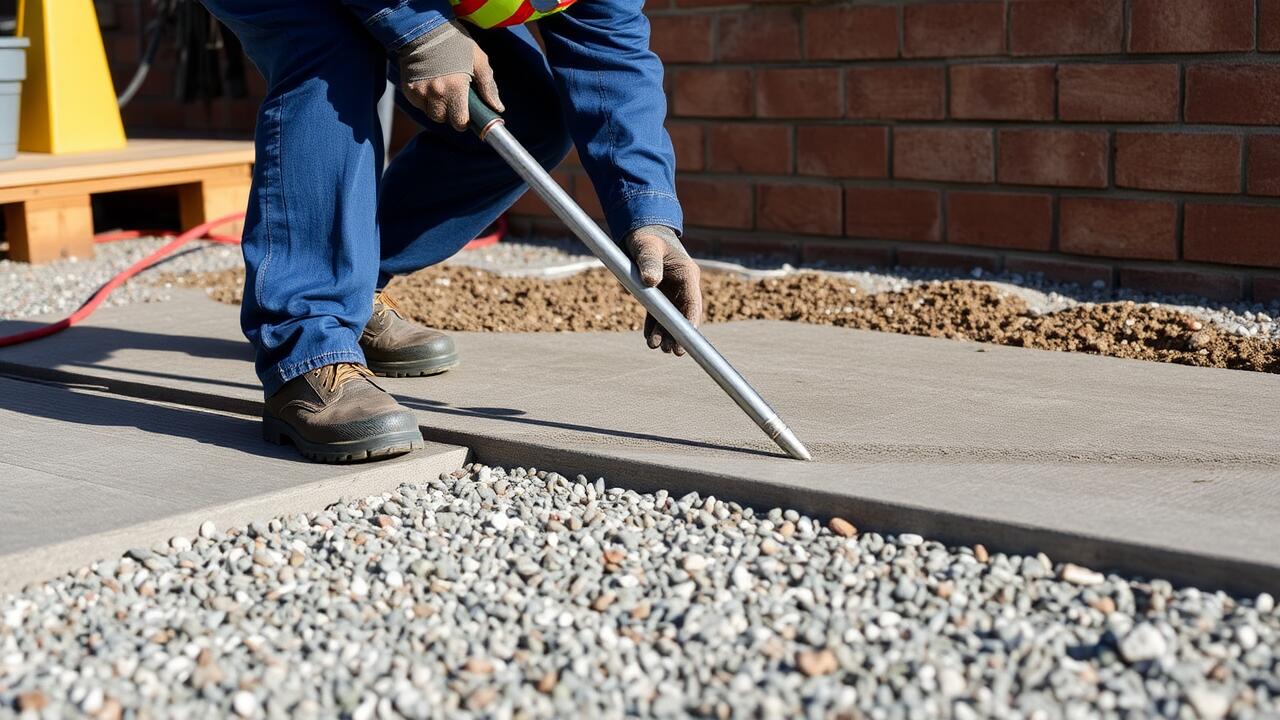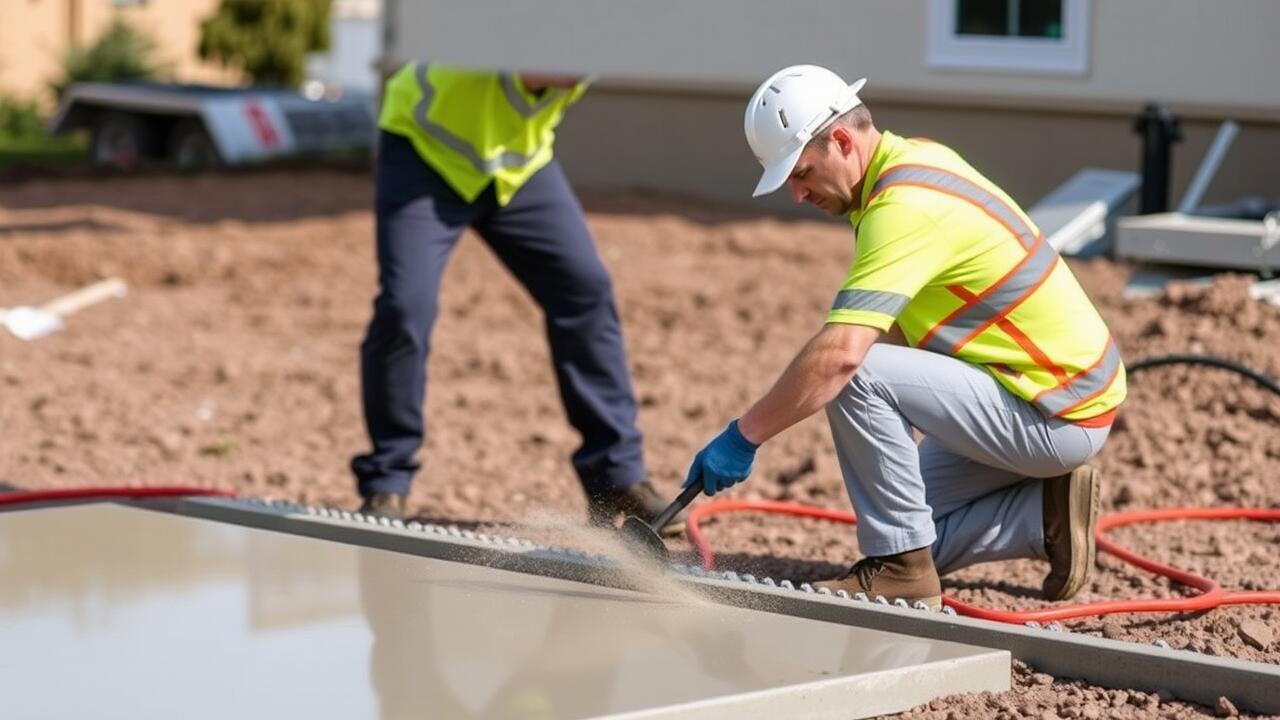
Cost Comparison
When considering the cost of concrete slab installation, a significant factor is whether to tackle the project personally or hire professionals. DIY installation generally involves lower upfront costs, particularly if the homeowner already has some tools and construction experience. However, it often entails hidden expenses such as potential mistakes or the need to rent specialized equipment. For residents in areas like Camelback East, Phoenix, the decision also hinges on the level of expertise required for specific soil conditions and climate factors.
Conversely, hiring a professional contractor for concrete slab installation can lead to a higher price tag. Yet, this approach typically guarantees quality results and saves time. Professionals bring experience and skills to the project, potentially leading to a more durable and better-finished slab. In Camelback East, Phoenix, where local contractors understand the unique environmental challenges, investing in their expertise may ultimately prove cost-effective due to the reduced likelihood of costly repairs in the future.
Pros and Cons of Each Approach
When considering whether to take on concrete slab installation as a DIY project versus hiring a professional, it's essential to weigh the pros and cons. DIY installation can save on labor costs and offers the satisfaction of completing the project independently. For those with experience or a willingness to learn, tackling the work can be rewarding. However, the risks include the potential for significant mistakes that could require costly repairs or redoing the entire project. Additionally, lack of access to proper tools or materials can hinder the quality of the finished slab.
On the other hand, choosing a professional for concrete slab installation in Camelback East, Phoenix, brings expertise and efficiency. Professionals understand local building codes and regulations, ensuring that the slab is installed correctly and up to standards. They also typically have the necessary equipment and materials readily available, which can lead to a smoother and faster process. The downside to hiring experts is the higher upfront cost associated with labor. Homeowners must balance the quality assurance and convenience against their budget and time constraints.
Tips for Reducing Concrete Slab Costs
To effectively reduce the costs associated with pouring a concrete slab, careful planning and efficient material sourcing are essential. Start by accurately measuring the area where the slab will be laid. This ensures that you purchase only the amount of concrete needed, preventing waste. Additionally, look for local suppliers near Concrete Slab Installation Camelback East, Phoenix, to avoid hefty delivery fees. Comparing costs from multiple vendors can lead to significant savings.
Another way to minimize expenses is by timing your project wisely. Scheduling your concrete slab installation during the off-peak season can reduce labor costs as many contractors offer lower rates when demand is low. Also, consider consolidating projects; if you need other work done, such as landscaping or driveway repairs, doing everything simultaneously may result in package deals or discounts from contractors.
Efficient Planning and Material Sourcing
Efficient planning can significantly reduce the overall cost of a concrete slab installation project. Preparing the site involves clearing debris, ensuring proper grading, and marking out the dimensions of the slab. By organizing these tasks ahead of time, property owners can avoid the delays and expenses associated with last-minute adjustments. For those looking to minimize costs, local suppliers for materials should be identified early in the process. This includes sourcing concrete, rebar, and any required forms, allowing for bulk purchasing or special deals that can lead to further savings.
Choosing the right timeframe for the project can also impact costs. Scheduling during off-peak times can lower labor rates and lead to better availability of materials. Homeowners in areas like Camelback East, Phoenix, can benefit from seasonal trends in construction. Planning the installation around favorable weather conditions will help ensure that the project runs smoothly without unexpected interruptions, potentially causing budget overruns. Taking these factors into account will create a streamlined approach that not only saves money but also ensures quality workmanship.
Timeline for Concrete Slab Projects
When planning a concrete slab project, understanding the timeline is crucial for budgeting and scheduling. Typically, the entire process can take anywhere from a few days to a couple of weeks, depending on the complexity of the project and the weather conditions. Essential steps include site preparation, pouring the concrete, and curing time, which requires patience. For example, in areas like Concrete Slab Installation Camelback East, Phoenix, the warm temperatures can speed up certain stages, but they also necessitate precautions to prevent premature setting.
The timeline can also be influenced by the availability of labor and materials. Homeowners who choose to DIY may find they can move quickly through the initial stages, but curing the concrete requires several days before it can bear weight. On the other hand, hiring a professional contractor often streamlines the project timeline, as they have the expertise and resources to navigate any unforeseen delays effectively. This can be especially beneficial in regions where scheduling conflicts or labor shortages might arise.
How Length of Project Affects Costs
The duration of a concrete slab project can significantly influence its overall costs. Longer projects may incur higher labor fees as workers need to be on site for an extended period. Additionally, if the project stretches into unfavorable weather conditions, this can lead to additional expenses for protective measures or materials, further driving up the total cost.
In areas like Camelback East, Phoenix, local market conditions can also play a role in the cost related to project length. If demand for concrete services is high, contractors may charge more for prolonged projects. Weather fluctuations, such as periods of extreme heat, can hinder progress and lead to scheduling delays, which can ultimately result in increasing costs for both labor and material.
FAQS
What factors influence the cost of pouring a concrete slab?
Several factors can influence the cost, including the size of the slab, the thickness, the type of concrete used, local labor rates, and additional features such as reinforcements or finishes.
Is it cheaper to do a DIY concrete slab?
In many cases, DIY can be more cost-effective since you are saving on labor costs. However, it's important to consider the cost of materials, tools, and your own time. Mistakes can also lead to additional expenses.
How much does a professional concrete slab installation typically cost?
Professional installation can range from $4 to $8 per square foot, depending on the factors mentioned earlier. For larger projects, some contractors may offer discounts.
What are some tips for reducing costs when pouring a concrete slab?
To reduce costs, consider planning ahead to avoid delays, sourcing materials in bulk, and comparing quotes from multiple contractors. Additionally, performing site preparation work yourself can help lower labor costs.
How long does it typically take to pour a concrete slab?
The timeline can vary based on the size and complexity of the project, but a standard residential slab can usually be completed in one to three days. More complicated projects may take longer.
